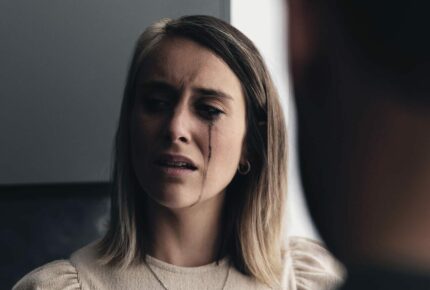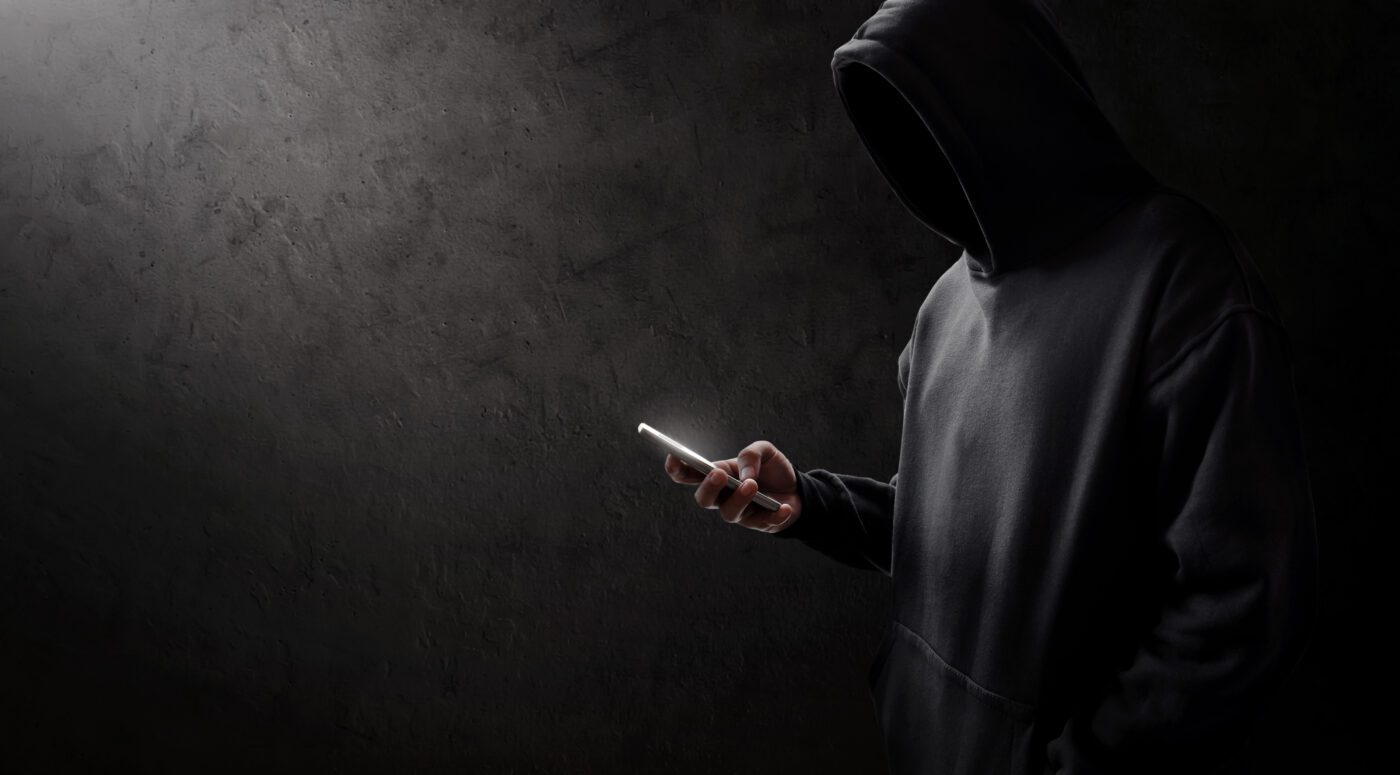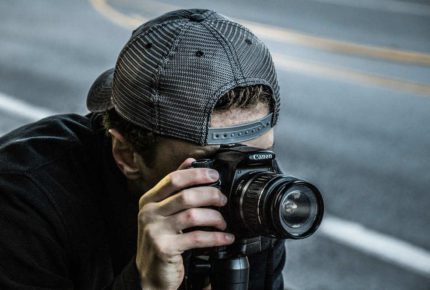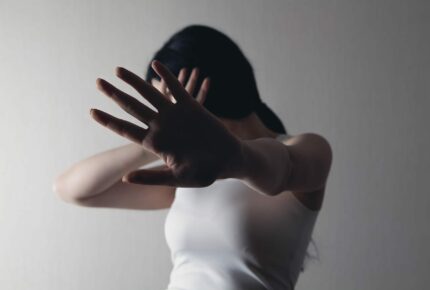

Producing indecent images refers to the creation, possession, or distribution of explicit or sexually suggestive images or videos of a person, often involving minors, without lawful consent. This is a serious criminal offence with significant legal and societal implications. If you or someone you know is facing charges or prosecution for producing indecent images for the first time, it is essential to grasp the nature of the offence and how such cases typically unfold for first-time offenders. In this article, we explore the offence of producing indecent images, provide examples, and address common questions regarding sentencing and potential imprisonment for individuals facing these charges for the first time.
What is the offence of producing indecent images?
The offence of producing indecent images is a serious criminal offence in the United Kingdom. This offence is created by Section 1(1)(a) of the Protection of Children Act 1978, as amended by the Sexual Offences Act 2003, and covers the act of taking, or permitting to be taken or making indecent images. To secure a conviction for this offence, the prosecution must prove several elements beyond a reasonable doubt. Here are the key elements the prosecution must establish:
- Creation or Possession of Indecent Images: The defendant must have created, made, or possessed indecent photographs or pseudo-photographs of a child. These images typically involve explicit or sexually suggestive content.
- Age of the Subject: The images must depict a person who is under the age of 18. In the eyes of the law, individuals under the age of 18 are considered minors, and it is illegal to possess or create indecent images of them.
- Indecent Nature: The images must be of an indecent nature, meaning they are sexually explicit or suggestive and go beyond what would be considered normal, non-exploitative photographs.
- Knowledge or Recklessness: The prosecution must demonstrate that the defendant either knowingly created or possessed these indecent images or was reckless as to their nature. Recklessness means that the defendant was aware of the risk that the images were indecent but proceeded anyway.
The age of consent in the UK is 16, meaning that individuals under this age cannot legally engage in sexual activity or participate in the creation of explicit material.
Convictions for the offence of producing indecent images can result in significant penalties, including imprisonment, placement on the Sex Offenders Register, and a lasting impact on the defendant’s criminal record. Legal representation is crucial in such cases to ensure that the defendant’s rights are protected.
What are some examples of producing indecent images?
Here are some examples of this offence:
- Creation of Explicit Images: An individual takes sexually explicit photographs or videos of a person under the age of 18, often involving nudity or sexual acts.
- Possession of Indecent Images: Someone downloads or stores explicit images of minors on their electronic devices, such as a computer, smartphone, or external hard drive.
- Sharing Explicit Material: Distributing indecent photographs or videos of minors to others, whether through email, social media, messaging apps, or physical copies.
- Creating Fake Images: Manipulating or digitally altering photographs to make it appear as though a minor is engaged in explicit activities, even if the original image did not involve a minor.
- Participating in Sexting with a Minor: Engaging in explicit text messages, photos, or videos with a person who is under the age of consent, even if both parties willingly participate.
- Importing or Downloading Explicit Content: Importing or downloading indecent images from the internet or other sources, even if the individual did not create the content.
- Production of Pseudo-photographs: Creating or possessing pseudo-photographs that appear to be photographs but are computer-generated or otherwise simulated, and depict explicit sexual content involving minors.
- Manufacturing or Distributing Child Pornography: Involvement in the production, manufacturing, or distribution of explicit material involving minors, whether through physical or digital means.
What happens if you are suspected of producing indecent images in the UK?
If you are suspected of producing indecent images in the UK, it is a serious matter that will likely lead to legal consequences. Here is an overview of what can happen if you are suspected of this offence:
- Investigation: When there is a suspicion or evidence of your involvement, the police will conduct an investigation into the allegations. This may include gathering evidence, such as electronic records, witness statements, and any other relevant information.
- Arrest: If there is sufficient evidence or reasonable grounds to suspect your involvement, the police may arrest you. You will be taken into custody for questioning.
- Questioning: While in custody, you may be questioned by the police about the alleged offence. You have the right to remain silent, and you also have the right to legal representation during questioning.
- Search and Seizure: The police may search your premises, electronic devices, and any other relevant property for evidence related to the alleged offence. They may seize digital devices for further examination.
- Bail, Investigation, or Detention: Depending on the circumstances, you may be released on bail or held in custody pending further investigation. Conditions may be imposed to prevent further contact with potential witnesses or victims.
- Charging Decision: After the investigation is complete, the police will forward the case to the Crown Prosecution Service (CPS) for a charging decision. The CPS will review the evidence and determine whether there is enough evidence to proceed with criminal charges.
- Court Proceedings: If charges are filed, you will be required to appear in court to face the allegations. You will have the opportunity to defend yourself, and legal representation is essential during this process.
- Possible Outcomes: If you are found guilty of producing indecent images, you may face penalties, including imprisonment, fines, community orders, or restraining orders, depending on the severity of the offence and other factors.
- Criminal Record: A conviction for producing indecent images will result in a criminal record, which can have long-lasting consequences, including difficulty finding employment, travel restrictions, and damage to your reputation.
Simply being suspected of a crime does not equate to guilt. Always remember you have the right to a fair trial. It is crucial that you consult with an experienced criminal defence specialist to understand your rights throughout the legal proceedings. If you are questioned or arrested, you should exercise your right to remain silent and seek legal representation immediately.
What is the sentence for producing indecent images in the UK?
Section 1 of the Protection of Children Act 1978 is an either way offence punishable on indictment with a maximum of 10 years’ imprisonment.
The actual sentence received will depend on the specific circumstances of the case, including the nature and extent of the offence, the age of the victims depicted, the defendant’s intent, and their level of culpability.
The age of the victims depicted is a crucial factor, with offences involving very young victims typically resulting in more severe sentences. Intent and culpability are also considered, and sentences may be influenced by mitigating factors, such as cooperation with authorities and remorse, as well as aggravating factors like threats or coercion.
While sentencing guidelines provide a framework, judges have discretion in determining the appropriate punishment based on the specific details of each case. Individuals facing allegations related to producing indecent images must seek legal counsel to ensure their rights are protected and to receive guidance tailored to their situation.
Will I go to prison if it is my first time producing indecent images?
The sentencing of a first-time offender in a producing indecent images case in the UK is not a one-size-fits-all scenario. It hinges on several factors, including the gravity of the offence, the age of the victims depicted in the images, the defendant’s intent, and their level of culpability. While the possibility of imprisonment exists, it is not the sole outcome, and other considerations come into play.
The court assesses the severity of the offence, taking into account factors such as the explicitness of the images and the number of victims involved. Offences involving very young victims are treated with greater seriousness. The defendant’s intent and culpability are scrutinised, with attention given to whether they were aware of the age of the victims and the nature of the material.
Mitigating factors, such as cooperation with authorities, genuine remorse, a lack of prior convictions, or a guilty plea, can result in a more lenient sentence. Conversely, the presence of aggravating factors, such as threats, coercion, or a large number of victims, may lead to harsher penalties.
While judges may refer to sentencing guidelines, they maintain discretion in determining the appropriate punishment. In some cases, first-time offenders may receive non-custodial sentences, such as community orders or probation, tailored to address the offender’s behaviour and safeguard potential victims.
Where to get further help
If you or someone you care about is facing prosecution for producing indecent images, it is vital that you get legal advice as soon as possible. Having an approachable legal expert on your side is essential not only to ensuring your rights are protected, but to your mental and emotional wellbeing throughout legal proceedings. To arrange a free consultation, contact the team at Stuart Miller Solicitors today.
OUR COMMITMENTS TO YOU:
-
Responsive
A legal expert will consult you within 24 hours of making an enquiry.
-
Empathetic
We will always treat you with trust, understanding and respect.
-
Specialised
Your case will be handled by an expert who specialises in your type of offence.
-
Proactive
We will take early action to end proceedings as soon as it is practically and legally possible to do so.
-
Engaged
You will be kept updated on your case at all times. We will provide a named contact available to answer your questions.
-
Caring
We understand this is a difficult and stressful time for you and your family. Our team will support you every step of the way.
-
Tenacious
We will never give up on your case. We fight tirelessly to get you the best possible outcome.

